
When to Use Cleanser and Face Wash in Your Skincare Routine
Cleansing and washing the face properly is a crucial first step in any skincare routine. However, with so many different types of cleansers and face washes available, it can get confusing to know when to use what. Should you use a cleanser or a face wash? Are they the same thing? When to use cleanser and face wash? When should you use each one in your regular skincare regimen? This blog post will explore these questions and more.
Understanding Face Wash and Cleanser
Before getting into when to use a face wash and a cleanser, it is crucial to understand the difference between face washes and cleansers.
What is a Face Wash?
A face wash is a cleaning agent formulated to remove dirt, oil, makeup, and other impurities from the skin. It tends to have a gel-like consistency and contains surfactants that help dissolve oils and lift away the grime.;
It usually contains added ingredients like skin-soothing botanical extracts or acne-fighting salicylic acid. Face washes are meant to cleanse the skin thoroughly, and it is important to rinse them after use. The Pink Foundry's Brightening & Exfoliating Vitamin C Daily Face Wash can help brighten and exfoliate skin.;
What is a Cleanser?
Cleansers is an umbrella term that covers a few different types of facial cleansing skincare products. Cleansers usually include the following:
- Micellar waters contain tiny micelles that attract and capture dirt and oil. They can cleanse the skin without harsh scrubbing. However, it is crucial to decide whether to use micellar water before or after washing the face.
- Cleansing milk has a creamy, milk-like texture that can gently remove makeup and impurities.
- Cleansing oils use oil to dissolve and lift away oil-based dirt and sebum.
- Gel or foam cleansers are water-based and great for people with oily and acne-prone skin types.
The main difference between face washes and most cleansers is that cleansers do not contain surfactants. They cleanse the skin more gently through solubilisation and typically do not require rinsing.
When to Use a Cleanser for Face
But when to use a cleanser for the face? Cleansers are extremely versatile and can be part of the morning and evening skincare routines. Here is when one should opt for a cleanser:
- Morning Cleanse: Cleanse your face when you wake up to wash away any sweat, excess oil, or residue that accumulated overnight. Consider opting for a gentle, non-foaming cleanser that won't strip the skin. Micellar water or a cleansing milk are great morning cleansing options.
- Evening Double Cleanse: Do a double cleanse in the PM to thoroughly remove the day's dirt, makeup, sunscreen, and pollution. Start with an oil, balm, or micellar water to melt away makeup and sunscreen. Follow with a water-based gel or foam cleanser to purge any remaining impurities.
- Makeup Remover: Gentle, non-rinse cleansers like micellar water make excellent makeup removers. They can help break down stubborn makeup without irritation. Dedicated makeup-removing cleansers are formulated to quickly dissolve all traces of makeup.
- Travelling: Keep micellar water or cleansing wipes on hand. These allow you to refresh your skin on the go without needing to rinse with water.
- Post-Workout: After a sweaty workout, it can be better to use a gentle, non-foaming cleanser to freshen up without disrupting the skin barrier. Try looking for face cleansers containing soothing botanical ingredients.
When to Use Face Wash
If you wear a lot of makeup or sunscreen, have oily and acne-prone skin, or simply prefer a deeper clean, add a surfactant-based face wash into your routine. Here's how to use a face wash:
- PM Facial Cleaning: Use a face wash as the second step in your PM double cleanse after using a separate oil or balm cleanser to remove the makeup and sunscreen. The face wash can help eliminate any remaining gunk.
- Oily, Acne-Prone Skin: People with very oily or breakout-prone skin can benefit from using an acne-fighting face wash containing ingredients like salicylic acid or benzoyl peroxide once to twice daily. These can help purge pores of acne-causing bacteria, oil, and dead skin. The Pink Foundry's Clearing & Calming Acne Face Wash can help remove impurities while calming the skin for a cleaner and fresher look.
- When You Want a Deeper Cleanse: When you want an invigorating, deeper cleansing effect, consider using a face wash. The surfactants in face washes can help whip up a rich lather that lifts away stubborn dirt from pores. Just don't overdo it if you have dry or sensitive skin.
When to Use Face Cleanser Before or After Bath
When to use face cleanser before or after a bath or shower can get confusing, It can be better to decide depending on one's skin type:
- For dry or sensitive skin: Consider using a cleanser before bathing to protect the skin's barrier. Cleansing the skin before a shower or bath can prevent the hot water from stripping it of its natural oils.
- For oily skin: Try cleaning after bathing to remove sweat or oil buildup from the steam. Applying a cleanser post-shower can help remove any excess oil and impurities that accumulate on the skin's surface during the bath.
Conclusion
This blog post has explained the differences between face washes and cleansers and when to use each in daily and nightly skin care regimens. Most people experience confusion regarding questions like ‘when to use a facial cleanser?', ‘when to apply cleanser', and more.;
There is no specific rule of thumb regarding questions like ‘When to use cleanser and face wash?', but one should think of cleansers as gentle, makeup or dirt-dissolving pre-treatments and face washes as deeper-cleaning surfactant skincare solutions.;
It is crucial to use both strategically and never together in one routine. Depending on the skin type and requirements, cleansers and face washes can be beneficial to get the complexion clean without compromising the skin barrier.;
Frequently Asked Questions
This section covers the most frequently asked questions on using cleansers and face washes.;
Q1: Can I use cleanser and face wash together?
A1: One should not use a cleanser and face wash back-to-back. This will likely be too harsh and drying on the skin. As explained above, use them strategically at different points in your AM and PM routine.
Q2: When should you use micellar water before or after washing your face?
A2: Use micellar water before your regular cleanser or face wash to instantly dissolve dirt, oil and makeup and prep the skin for deeper cleansing. There is no need to use it after cleansing when the skin is already clean.
Q3: Should I use a face cleanser every day?
A3: It is important to cleanse the face twice daily, both in the morning and evening. This can help remove dirt, impurities, oil, makeup residue and environmental pollutants. Failing to cleanse regularly can clog pores and lead to breakouts over time.
Q4: When is the best time to apply cleanser and face wash?
A4: The best time is as part of the morning skincare routine and evening double cleanse. In the AM, try to use a gentle cleanser after waking up to wash away overnight accumulations. At night, start by using a dedicated makeup remover or oil cleanser, then follow with your regular face wash to purge skin pores.








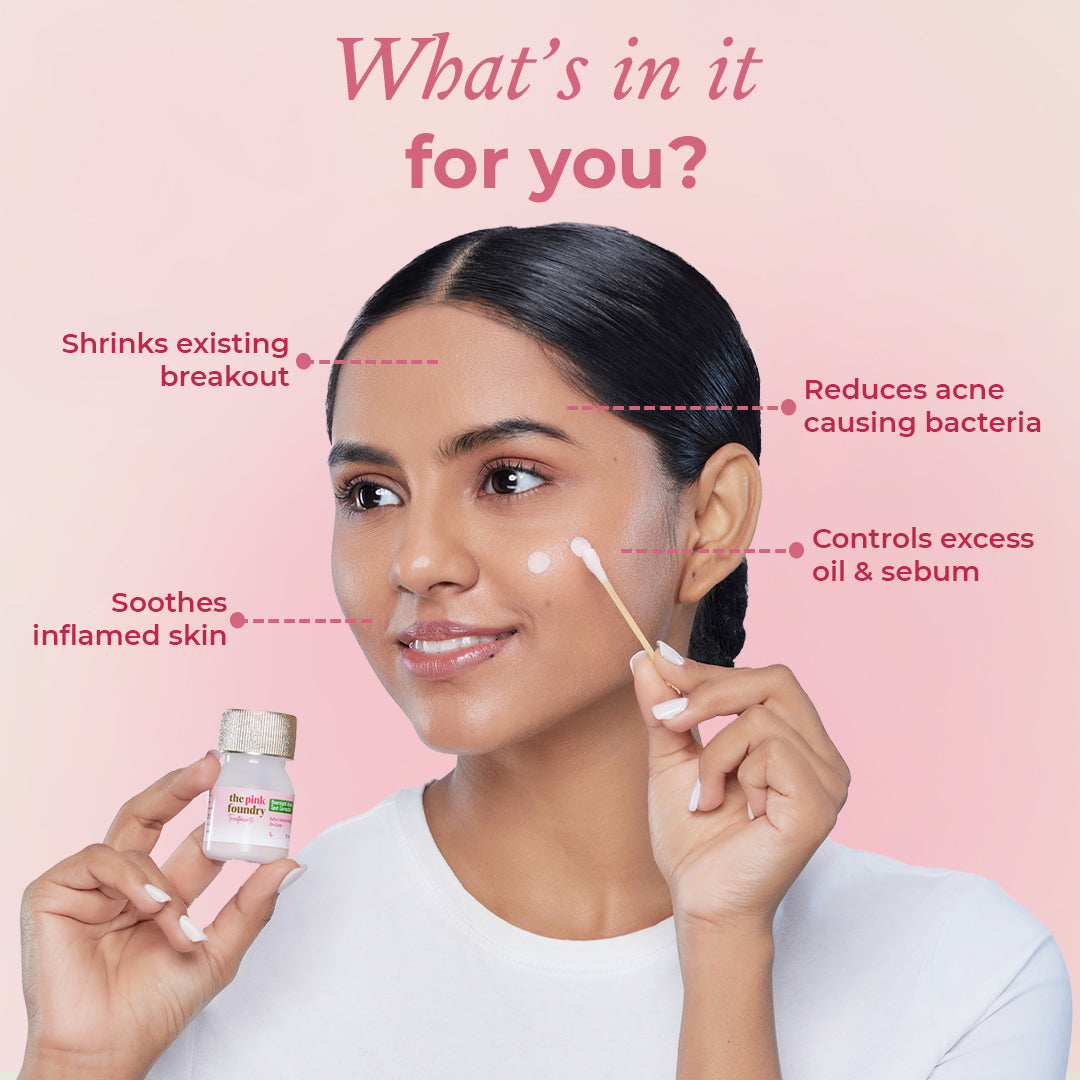
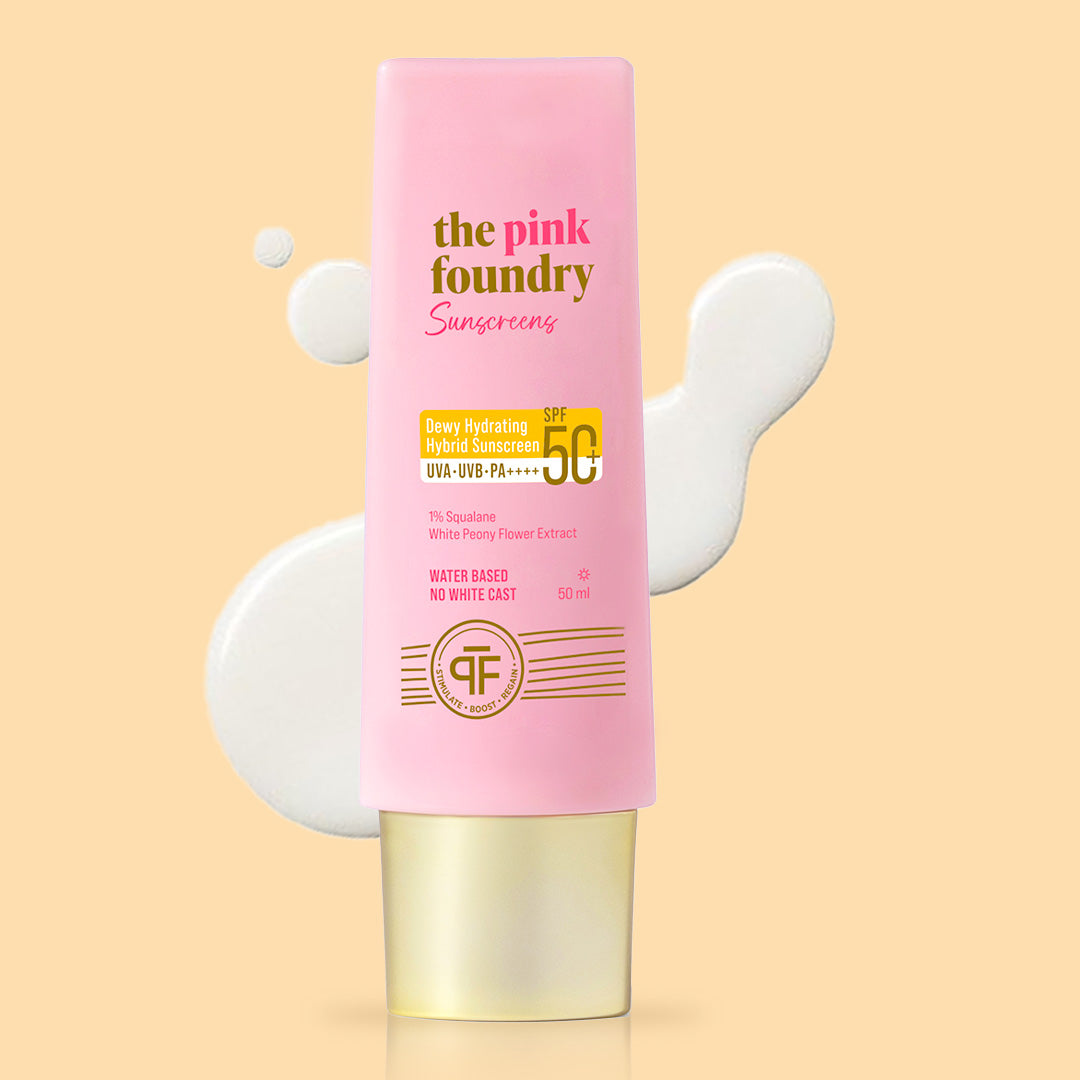
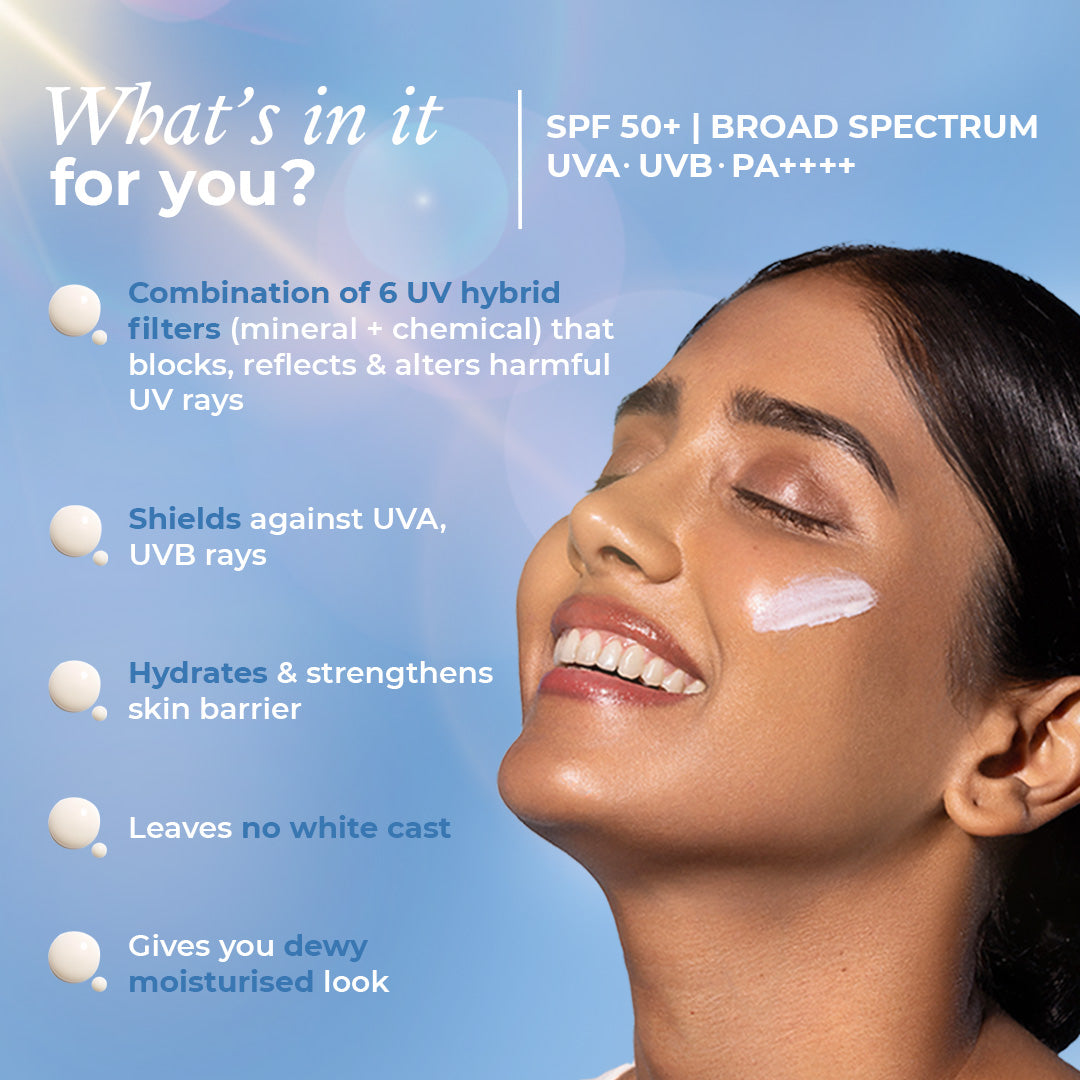


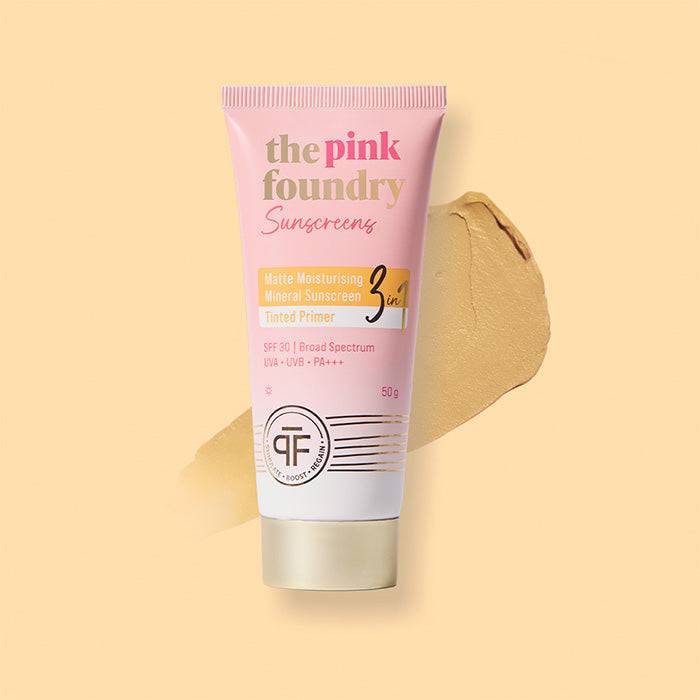
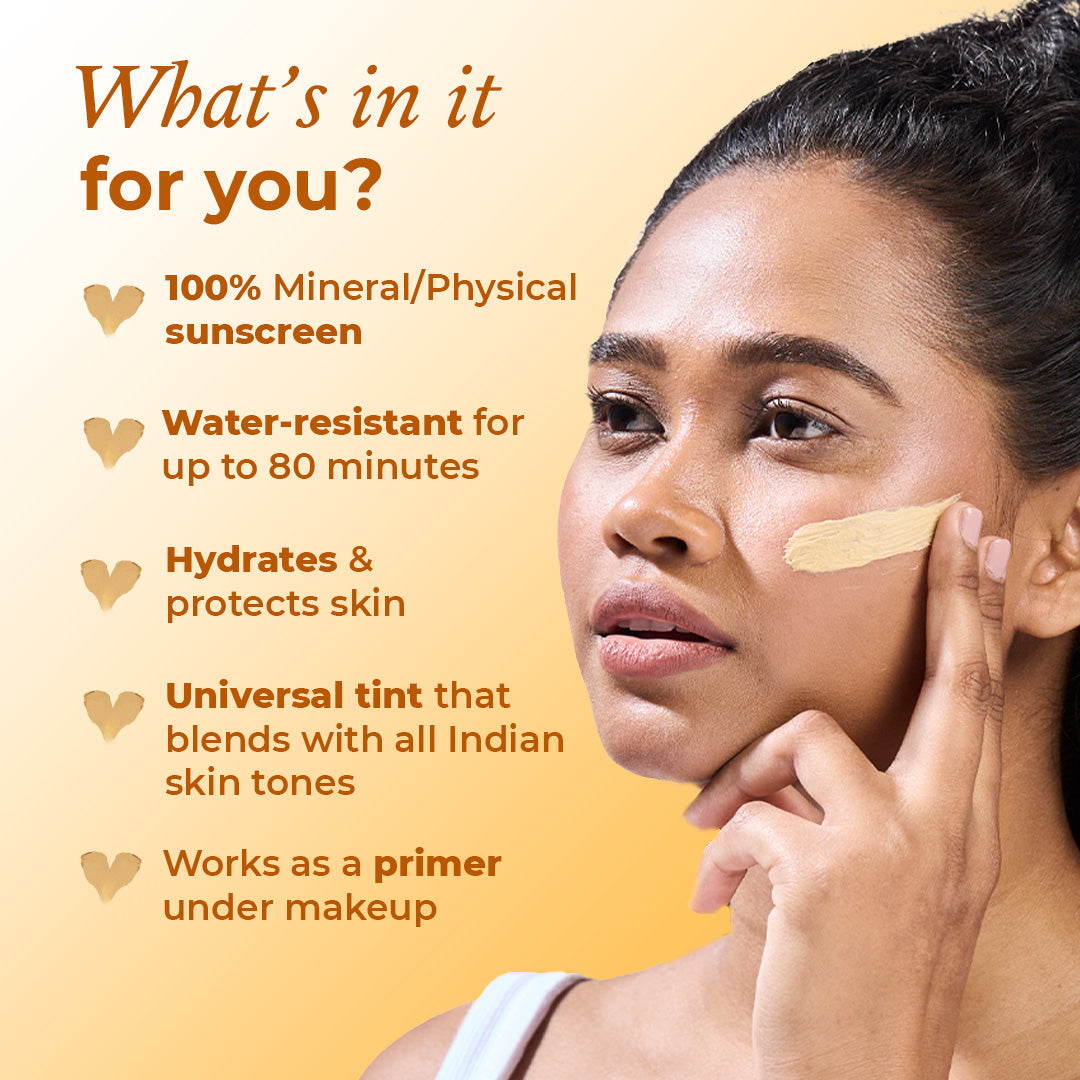



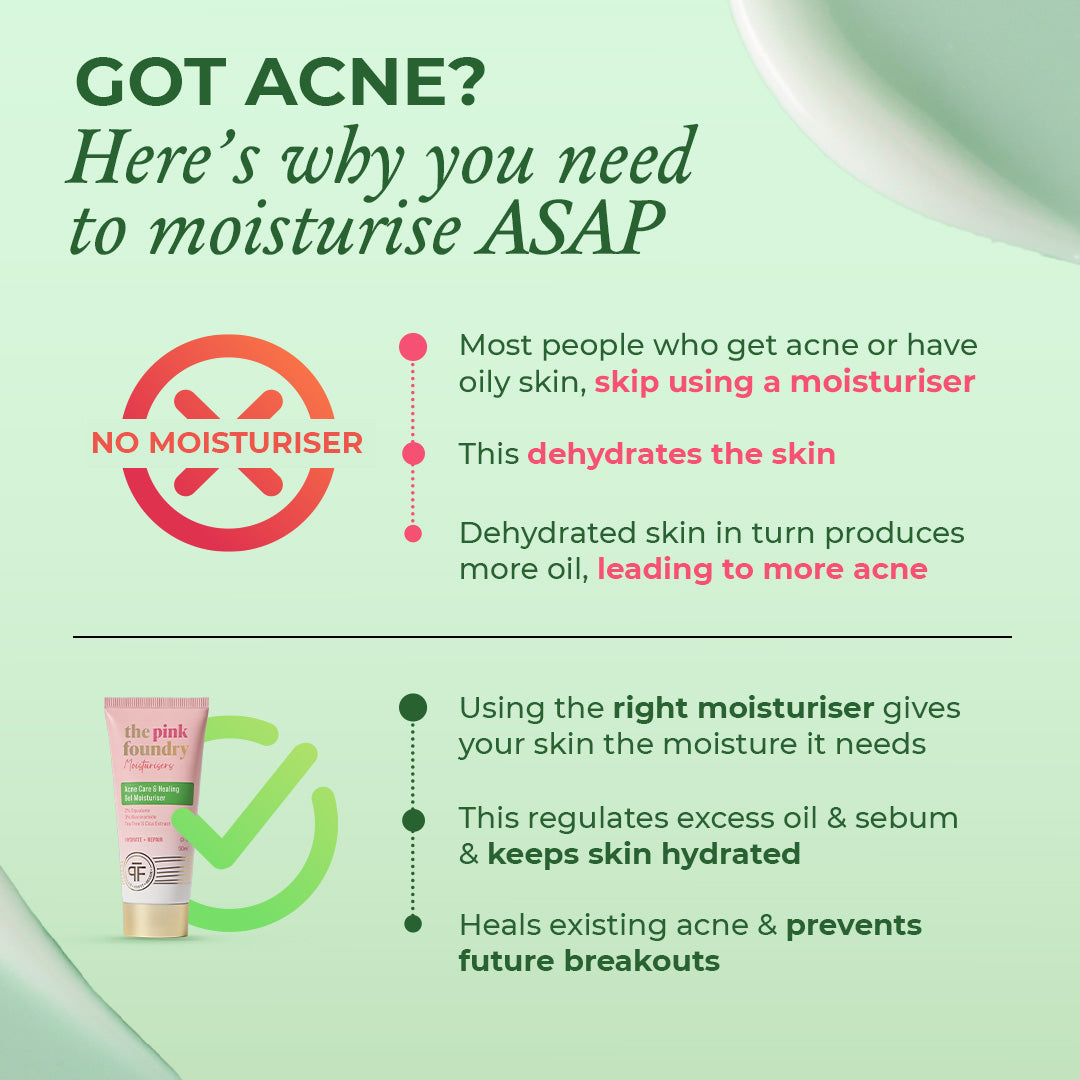
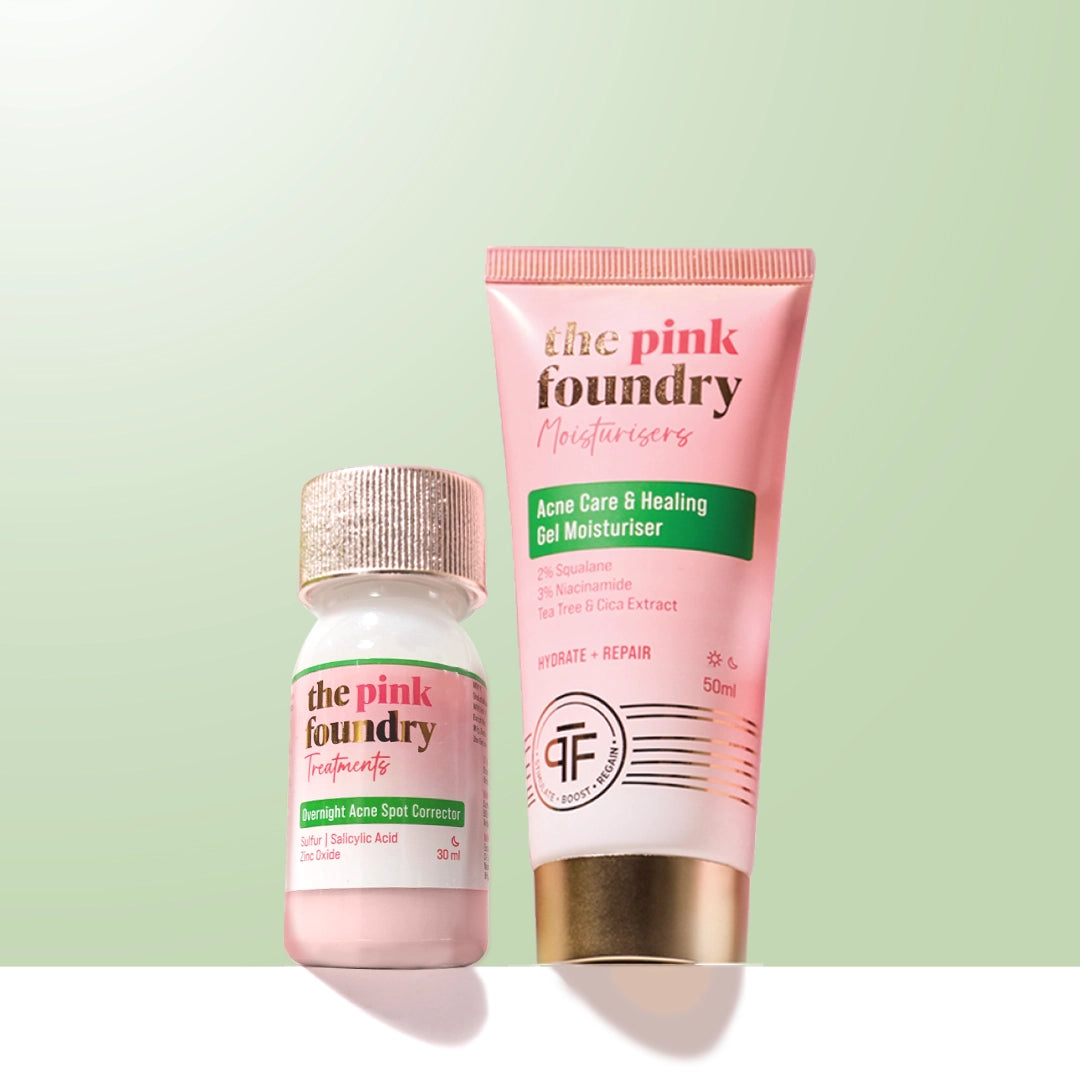
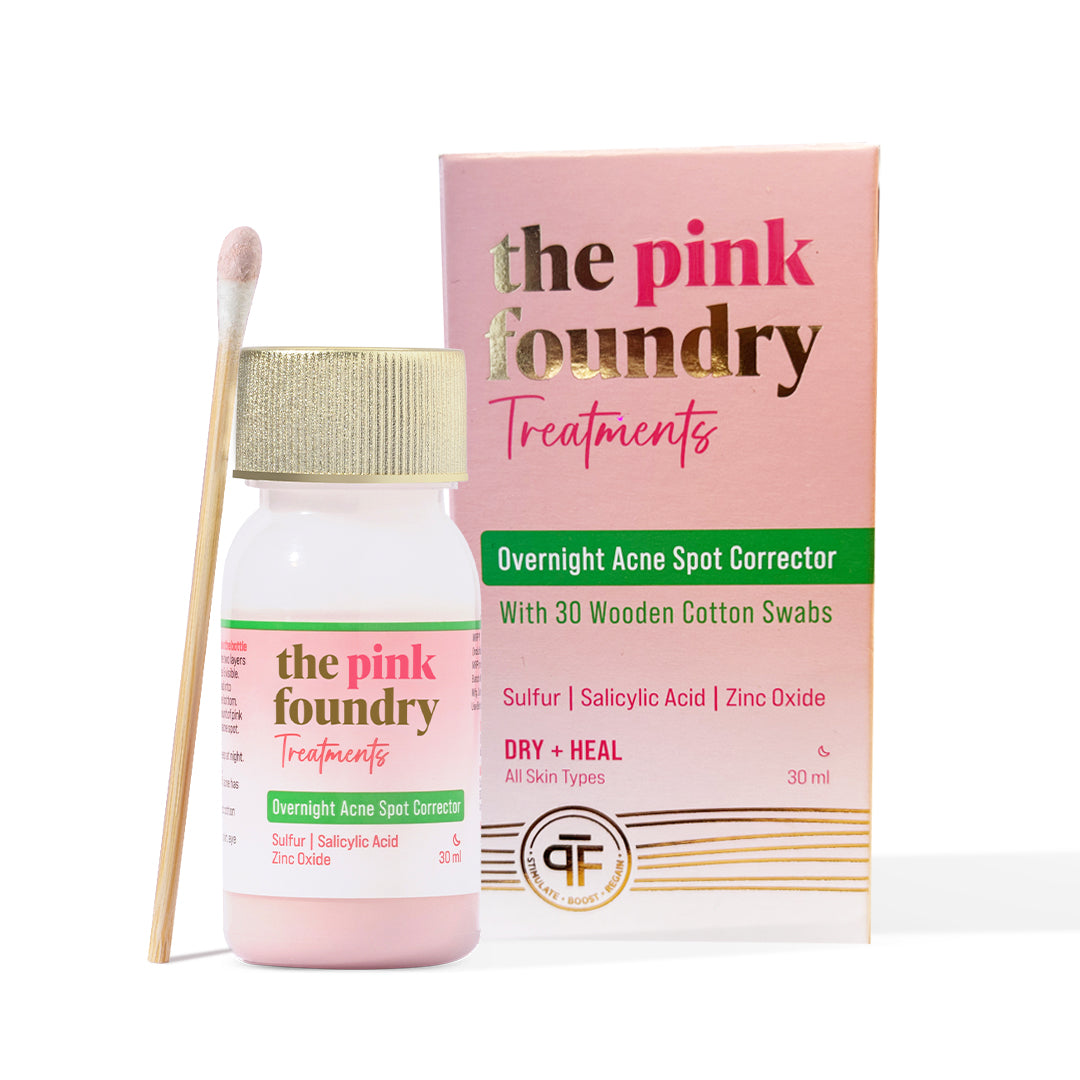
Leave a comment
This site is protected by hCaptcha and the hCaptcha Privacy Policy and Terms of Service apply.